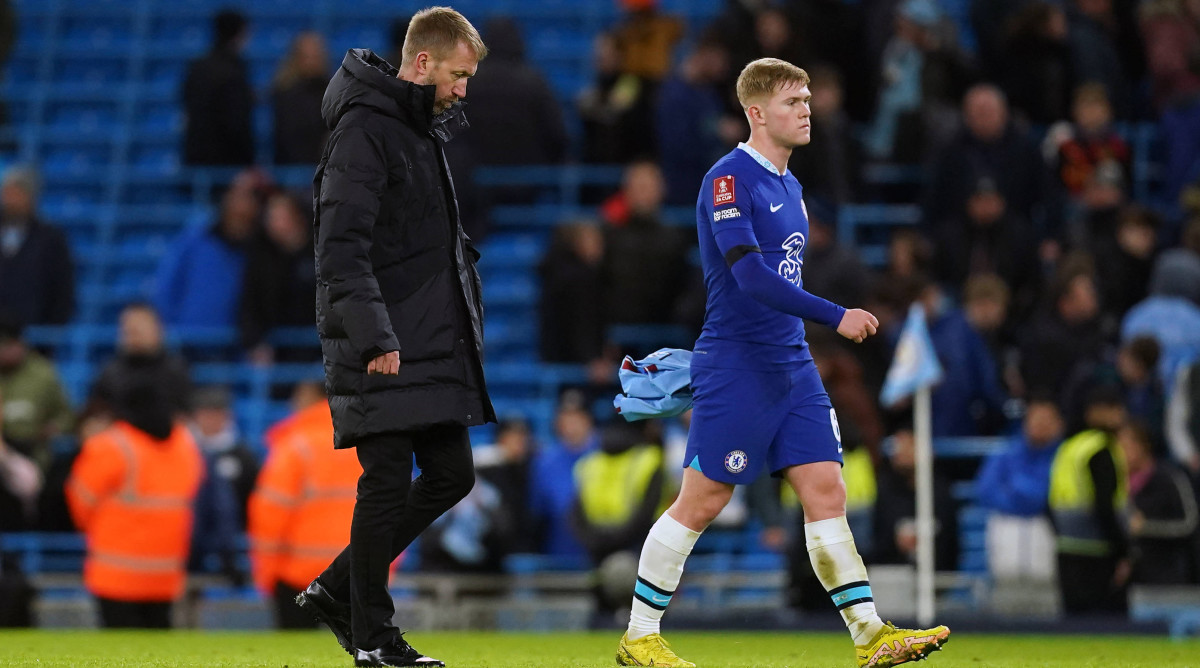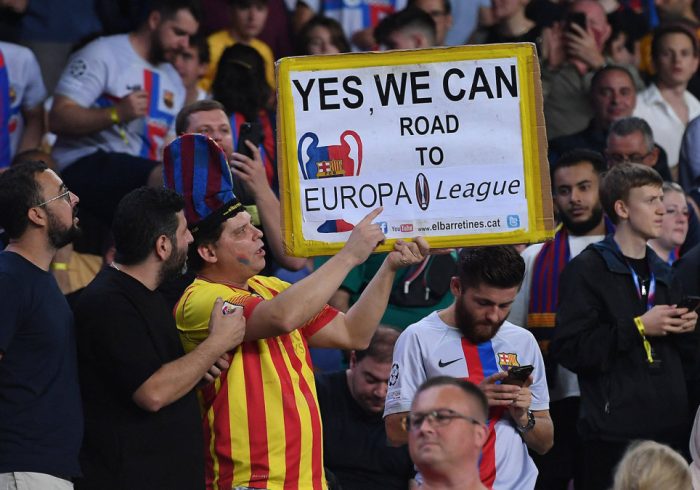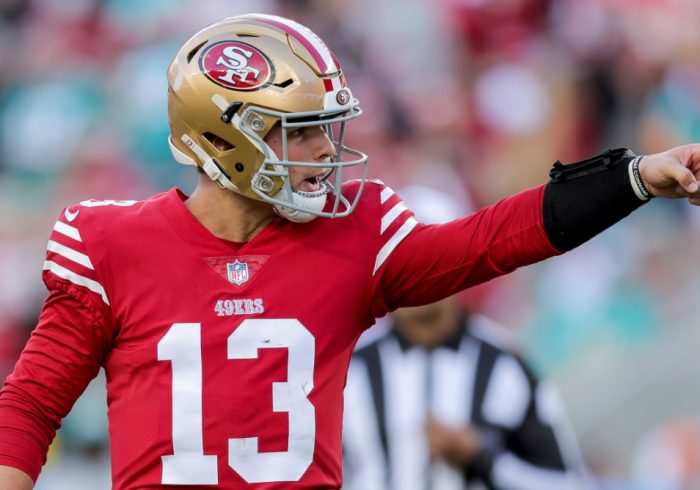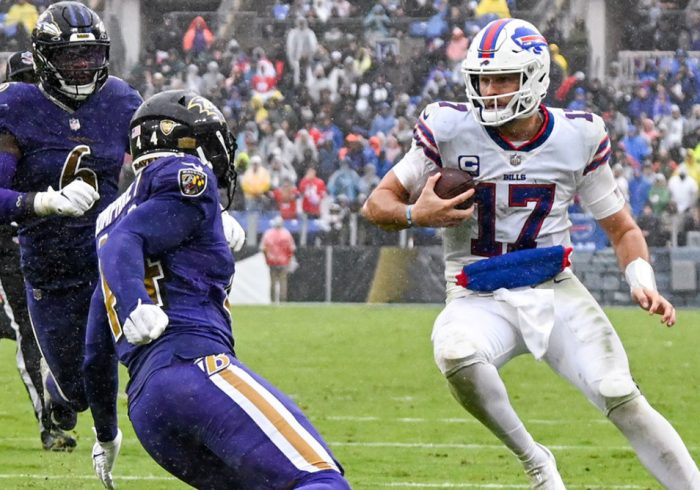Chelsea is 10th in the league. In November it went out of the League Cup to Manchester City. On Sunday, City put it out of the FA Cup as well. It’s won one of its last eight league games. It’s 10 points off fourth place and, while other sides above it seem to be improving, it is apparently getting worse.
Inevitably there has been talk about the future of manager Graham Potter, although, for now, that seems to be coming from outside the club. There’s a noticeable difference in tone as well between the mood among fans at matches and online. But it’s inevitable that when a manager is appointed with no previous experience at this level, there will be doubts as to whether he can ever be cut out for the job. Potter’s past record, at Östersund, Swansea City and Brighton, is extremely impressive: A couple of difficult months as he adapts to a new environment shouldn’t override that. But equally, Sunday’s 4–0 FA Cup defeat at City was dismal.
In part, it’s the result of injuries, especially at fullback. That was something apparent under Thomas Tuchel as well. Without Reece James and Ben Chilwell, players adept both defensively and at getting forward, whether from fullback or wingback, Chelsea often lacked thrust. This season, when James has played, Chelsea has won 64% of games and only 29% without him. When Chilwell has played, Chelsea has won 75% and 29% without him. When both have played, Chelsea has won 80%. Sample sizes are small and that sort of statistic must be treated with some caution (perhaps a player plays only against weaker opposition or is regularly rested in less important cup games), but those are striking figures nonetheless.
After an inspiring spell at Brighton, Potter has had far less success at Stamford Bridge.
IMAGO/PA Images
César Azpilicueta was always a more defensive right back than James and at 33 cannot get up and down the pitch in the same way, while on the left Marc Cucurella, who joined from Potter’s Brighton in the summer, is apparently suffering a major crisis of confidence. His passing has begun to go awry, and, in last Thursday’s league game against City, he seemed frozen with anxiety any time Bernardo Silva or Riyad Mahrez ran at him. That’s part of the reason Potter has experimented with Ruben Loftus-Cheek and Raheem Sterling at wingback.
But it’s not just the fullbacks. Chelsea at the moment is beset by injuries: N’Golo Kanté, Wesley Fofana, Armando Broja, Christian Pulisic, Édouard Mendy, Pierre-Emerick Aubameyang, Sterling and Loftus-Cheek are all out, and it’s understandable that Potter didn’t want to risk the 38-year-old Thiago Silva in the FA Cup. That’s an absentee list that would challenge any manager at any club. When Pep Guardiola turned to his second string for the FA Cup, he was able to call on a World Cup winner in Julián Álvarez, while Potter was deploying 18-year-olds with almost no first-team experience.
Compounding the problem is the sense that Chelsea has not recruited particularly well. To an extent, that is a legacy of the Roman Abramovich era and particularly of the sanctions that brought it to an end. Not even being able to offer contracts to Antonio Rüdiger and Andreas Christensen made their departures more likely, while having two 31-year-old central midfielders in Kanté and Jorginho, both of whom are out of contract in June, is surely not something that was ever planned.
But what makes that worrying is that it comes after a summer splurge of $250 million, the largest ever single-window spree by a Premier league club. It was overseen by Tuchel, who was reportedly given greater authority over transfers than any Chelsea manager had had for years. But he was sacked a week after the window closed, having apparently fallen out with Todd Boehly, the public face of Chelsea’s owners. Which left the likes of Sterling feeling evident unease: They had signed for one manager to fit his system and were then being asked to do very different things by the new manager.
It may be that as the injuries clear, things will begin to fall into place, but there is an undeniable sense at the moment of Chelsea having a squad packed with very good players who don’t quite fit together. As the defeats mount up, morale and confidence is beginning to fade. Assembling a squad that fits together, that can play to a coherent philosophy, is hard; it’s why Boehly needed Tuchel and why his apparent desire to sign Cristiano Ronaldo last summer is so troubling. Signing famous players is easy; signing the right ones is far harder.
Potter worked on a very limited budget with great success at Brighton. The question now is whether that experience can be transferred to a club with much greater resources. It may be that those on the inside eventually conclude Potter is not up to this level, but at the moment it appears ditching him would only create more chaos without tackling the real issue of the squad and how it has been put together.



